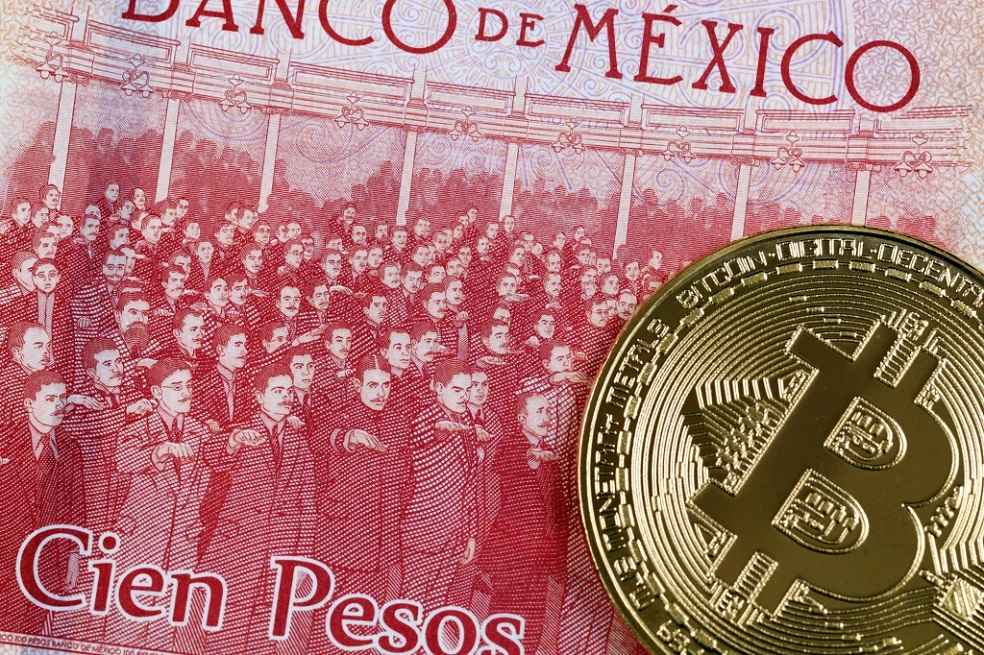Since its launch in 2009, Bitcoin, the face of cryptocurrency has generated controversy, as have the other cryptocurrencies that came after it.
Cryptocurrency is being viewed by some, especially in the poor world, as a safe harbor during economic storms, while it continues to be heavily criticized for its volatility, its usage in questionable transactions, and the extravagant use of electricity to mine it.
Central American country, El Salvador was the first nation to adopt Bitcoin as legal tender in September 2021, and the Central African Republic did the same in April of this year. However, as more individuals use cryptocurrencies as an investment or a lifeline, criticisms of them have persisted and taken the form of a variety of restrictions.

These are the years and nations that have a complicated relationship with Bitcoin and other cryptos.
2014
Bolivia: In Bolivia, using Bitcoin has been entirely prohibited since 2014. It and all other currencies that are not governed by a nation or an economic zone have been outlawed by the Bolivian Central Bank.
2016
Colombia: Financial institutions are prohibited from facilitating Bitcoin transactions in Colombia. Financial institutions were cautioned by the Superintendencia Financiera de Colombia, the apex financial body, in 2014 not to “protect, invest, broker, or manage virtual money operations”.
North Macedonia: To date, North Macedonia is the only European country which has enacted a formal ban on cryptocurrencies like Bitcoin, Ethereum, and others.
2017
Bangladesh: Bangladesh’s connection with cryptocurrency is complicated. Transactions in cryptocurrencies are officially prohibited, and under the nation’s money laundering and terrorism funding legislation, they are subject to up to 12 years in prison.

There haven’t been any reliable reports of any convictions relating to the use of crypto currencies, but the country has proposed a new blockchain policy signaling a warming up towards crypto currencies and virtual assets.
Iraq: In spite of persistent efforts by the authorities to prohibit their use, crypto currencies are gaining popularity in Iraq. Particularly antagonistic, the Iraqi Central Bank forbade their use in a statement that was released in 2017 and is still in effect today.
Early in 2021, the Kurdistan regional government’s Ministry of Interior announced similar directives to halt money brokerages and exchanges processing cryptocurrencies.
Nepal: As of August 2017, the Nepal Rastra Bank proclaimed Bitcoin to be forbidden.
2018
Indonesia: As of January 1, 2018, Bank Indonesia, the nation’s national bank, has bit accepted Bitcoin or other cryptocurrencies as payment.
Algeria: Following the adoption of a financial law in 2018 that makes it unlawful to acquire, trade, use, or hold virtual currencies, Algeria presently forbids the use of crypto currencies.

Egypt: In 2018, Egypt’s main Islamic advisory body, Dar al-Ifta, published a religious ruling designating Bitcoin transactions as “haram,” something that is forbidden by Islamic law.
Egypt’s banking regulations were modified in September 2020, but they are not legally binding, to forbid trading or marketing cryptocurrencies without a Central Bank license.
Vietnam: According to the State Bank of Vietnam, it is unlawful to issue, supply, and use Bitcoin and other cryptocurrencies as a form of payment. Offenders risk fines ranging from $6,322 to $8,429.
2019
Iran: Iran has a complicated relationship with cryptocurrencies, which have been used to conceal a variety of illegal trades that are prohibited by US and other European sanctions, but whose creation requires a lot of energy.
While the government permitted the use of cryptocurrencies like bitcoin to pay for imports in 2019, Iran’s central bank outlawed cryptocurrency trading within the nation.
2020
Ghana: Ghana’s central bank is exploring how blockchain technology may be integrated into the nation’s financial system despite the fact that cryptocurrencies are prohibited in Ghana.

India: India’s relationship with digital currencies, which were in a grey area, has been on and off. It basically outlawed cryptocurrency transactions in 2018, but the Supreme Court overturned the ban in March 2020.
Earlier in 2021, it had contemplated making ownership, issue, mining, trading, and transfer of cryptocurrency assets illegal.
2021
China: Chinese authorities have frequently warned its citizens to stay away from the digital asset market and have cracked down hard on both domestic mining and currency trades both within China and abroad.
Mexico: Mexico outlawed cryptocurrencies in June 2021, declaring that virtual assets were not recognized as legal money or currencies under the country’s laws.

Despite the limitations, some people in Mexico have embraced virtual currencies; the biggest cryptocurrency exchange in the nation, Bitsos, boasts 1 million registered users.
Turkey: The Republic of Turkey’s Central Bank published a regulation on April 16, 2021, prohibiting the direct or indirect usage of cryptocurrencies, such as Bitcoin, to pay for goods and services.
The Turkish president Mr. Recep Tayyip Erdoan went farther the next day and signed an order adding cryptocurrency exchanges to a list of businesses that must adhere to anti-money laundering and anti-terrorism financing regulations.
2022
Kasovo: Although the Southeast European country, Kosovo has not officially made it illegal to own or trade cryptocurrencies, the country’s government announced a ban on the practice in early January, citing a worsening energy crisis as its justification.

Economy Minister Mr. Atrane Rizvanolli imposed a permanent ban on cryptocurrency mining in the nation in an effort to reduce energy waste. The duty of enforcing the ban and identifying mining sites around the nation has been given to the police.
Russia: In July 2020, Russia established its first legislation governing cryptocurrencies, which for the first-time recognized bitcoin as a kind of taxable property.
The regulation, which took effect in January of this year, also forbids Russian government employees from possessing any cryptocurrency. Russian President Mr. Vladimir Putin has frequently associated cryptocurrencies with criminal activities and has urged increased scrutiny of cross-border bitcoin transactions in particular.



